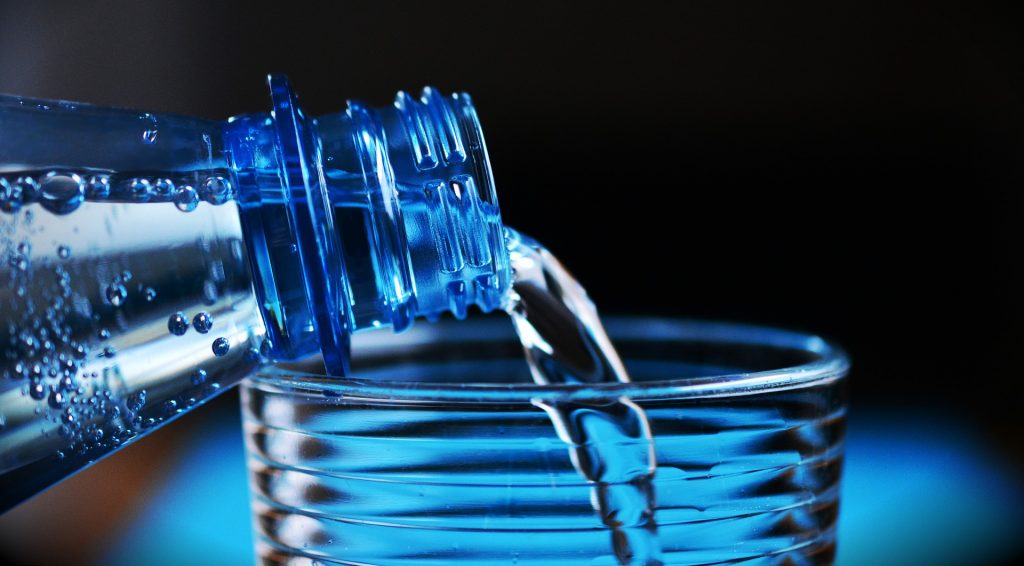Quantity of Water you should drink every day? Find out here
If you want to feel and look good, drinking an adequate amount of water daily is extremely necessary. Water helps to flush out the toxins from the body and keeps the temperature of the body right. It also protects the body from developing kidney stones and prevents digestive distress. Throughout the day we keep losing fluids from the body. And just in case you live in hot and arid conditions, you are likely to lose more water and salt from the body. Therefore, you must replenish the lost fluid by drinking water throughout the day. Although the goodness of water cannot be denied, it should be only consumed from a reliable source. Drink water dispensed from a domestic RO water purifier or buy packaged drinking water from a good brand when on the move.
How much water should one consume in a day?

Leading health publishing websites like WebMD & Mayo Clinic suggest that the average human body needs 8 ounces of fluids in a day. Fluids can be in the form of water, fruits & vegetables, and even tea and coffee that we consume in a day. Also, as opposed to contrary belief, caffeine is not bad if consumed in regulated and recommended amounts. For instance, drinking 4 cups of brewed coffee that approximately contains 400 mg or milligram of coffee is quite okay. So, if you are a coffee lover, enjoy the beverage without guilt.
Since water is so readily available, it is the primary source of keeping our body hydrated. But there are other sources through which you can restore the lost salts and nutrients from the body, such as:

Coconut water |
Natural coconut water is an excellent way to keep your body hydrated, especially during hot and dry months of the year. Secondly, instead of grabbing a can of soda to quench your thirst, get yourself a drink of fresh coconut water. Coconut water is readily available these days at grocery stores, street vendors, etc. |

Tea |
Green tea, jasmine tea, or red tea, if you are in the habit of sipping 3-4 cups of brewed tea minus sugar and milk in a day, it’s a good practice. Natural tea has antioxidant properties and also helps keep our body hydrated.
|

Juice |
If you are in the habit of drinking freshly squeezed juice, then you don’t have to worry about drinking 8 to 10 glasses of water in a day. Juice prepared from fruits and vegetables like watermelon, oranges, bottle gourd, etc. is low in calories and also has high water content.
|

Salads |
A plateful of healthy salad for lunch comprising of vegetables with high water content like cucumber, cherry tomatoes, and lettuce and topped with a low-calorie salad dressing also assists in keeping the body hydrated. |
Need for Water/Fluid Intake Depends upon Physical Condition of a Person
If you are daily diet comprises the above beverages and food choices, you are in the right direction. In addition to your diet, the need for water also varies from person to person. For example, individuals who engage in strenuous exercise or cardio workouts are required to consume a high quantity of water and fluids. Secondly, women who are nursing or lactating should drink more glasses of water a day. Therefore, the amount of water you should drink also depends upon the physical condition of an individual and lifestyle in general. People diagnosed with vector-borne diseases like chikungunya, malaria, or dengue are also recommended to increase fluid intake. However, make sure that you consume water generated from a water purifier or other reliable sources.
Concluding Thoughts –
It’s easy to keep track of the water we drink in a day, so most of us just resort to doing that. However, from the above discussion, it is clear that one must pay more attention to total fluid intake in a day rather than just drinking endless glasses of water. Water is the primary, but not the only source of hydration.
Failing to adequately hydrate one’s body can have a short-term and long-term effects. For example, if you are playing or standing out in the sun and have not had water or fluid for a long time can cause seizures and fainting. Long-term effects lead to the development of kidney stones, colon cancer, and heart failure. Therefore, always make sure that you don’t deprive your body of essential fluids and salt.





